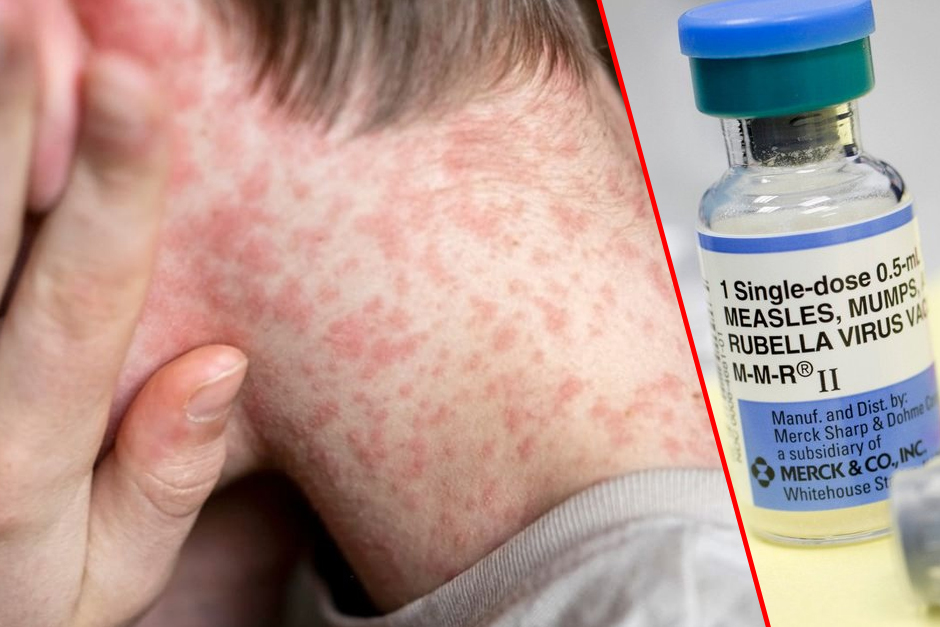Imagine this: you’re a dedicated doctor, a frontline hero, working tirelessly to heal the sick. You’re surrounded by precautions, steeped in medical knowledge, and probably vaccinated against just about everything. Now, imagine falling ill with a highly contagious disease, not from some exotic new pathogen, but from something we’ve had a safe, effective vaccine for decades. That’s exactly what happened to an Ichilov doctor recently, who contracted measles after treating an unvaccinated child. It’s a stark, unsettling reminder that our individual choices have very real, very widespread consequences.
The Ripple Effect: When Preventable Sickness Hits the Frontline
This incident isn’t just a personal tragedy for the doctor involved; it sends shivers through the entire healthcare community. A doctor, in the line of duty, becomes a patient due to a preventable illness. Think about the immediate fallout: the doctor needs to be isolated, potentially missing crucial workdays. The hospital then has to scramble, tracing every single person the doctor might have come into contact with, from colleagues to other vulnerable patients. It’s a logistical nightmare and a significant drain on resources, all for a disease that shouldn’t be making headlines in a developed nation.
Measles, let’s not forget, is incredibly contagious. One infected person can easily spread it to 9 out of 10 unvaccinated people they come into contact with. It thrives in close quarters, which is precisely what a hospital environment is. This scenario highlights the vulnerability of even our most protected professionals when community immunity starts to falter. It underscores that herd immunity isn’t just an abstract concept; it’s a vital shield that protects not only the weakest among us but also those who dedicate their lives to caring for them.
Beyond the Clinic: The Broader Societal Conversation
The story of an Ichilov doctor contracting measles from an unvaccinated child is more than just an unfortunate event; it’s a powerful metaphor for a much larger societal conversation. It forces us to confront the very real implications of declining vaccination rates. While personal health choices are often framed as individual liberties, they inherently carry a collective responsibility, especially when dealing with highly infectious diseases like measles.
When vaccination rates drop, pockets of susceptibility emerge, allowing diseases that were once on the brink of eradication to resurface. This puts everyone at risk, especially those who cannot be vaccinated due to age (like infants too young for the shot) or compromised immune systems. As Dr. Maya Singh, a prominent public health advocate, puts it, “This isn’t just about personal choice anymore; it’s about the collective health of our communities. When healthcare workers get sick from preventable diseases, it highlights a crack in our collective shield, and we all pay the price.” The stakes are high, impacting not just individual patients but the very capacity of our healthcare systems to function effectively.
A Shared Responsibility
This incident is a sobering reminder that public health is a shared endeavor. It’s a stark illustration of how the choices made by a few can directly impact the health and safety of many, including those who stand ready to care for us all. Protecting our frontline heroes and maintaining a robust public health defense requires a collective commitment to evidence-based medicine and community well-being. Let’s remember the doctor who fell ill, and use this moment to reinforce our understanding of how crucial every vaccination is in building a healthier, safer world for everyone.




